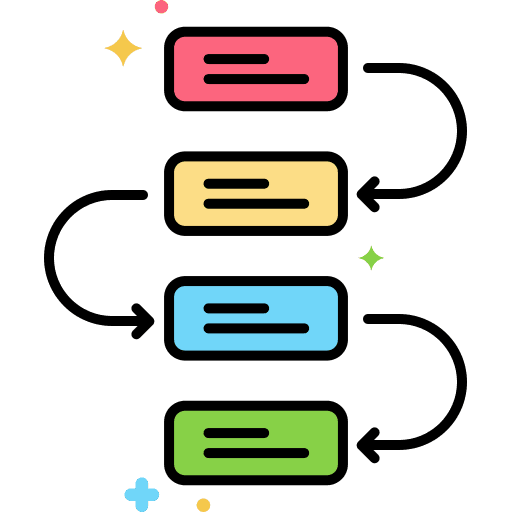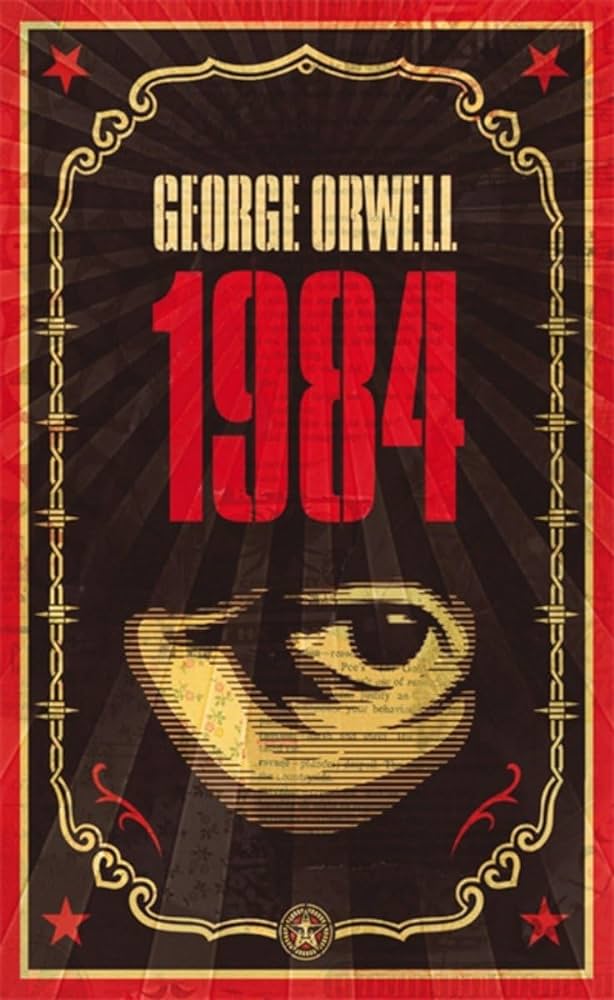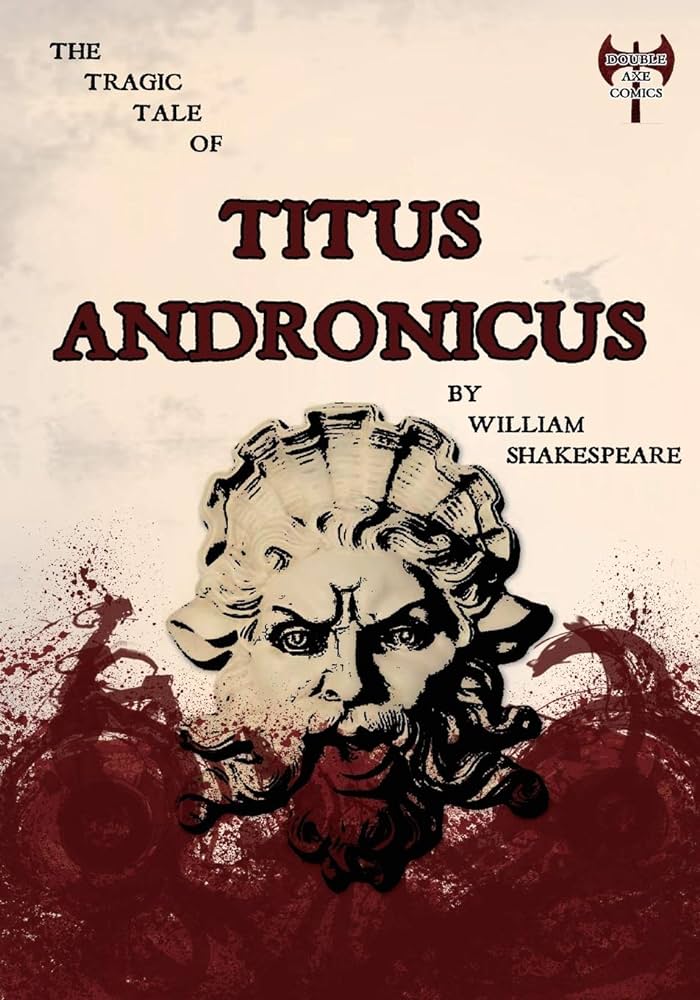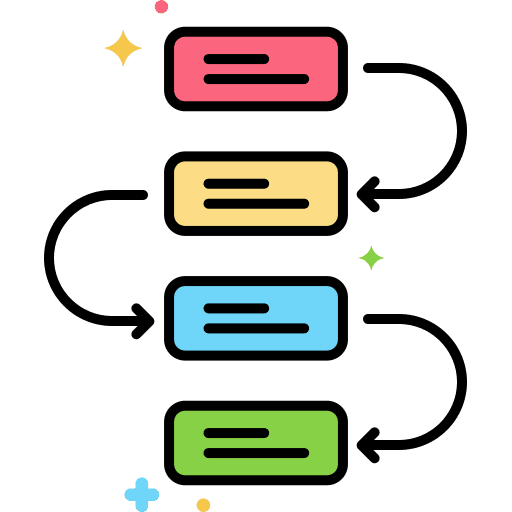Our aim is to deliver an exciting, engaging curriculum which engenders a love of English, recognising the vital role of the subject in increasing social mobility, developing students’ functional skills, cultural understanding and emotional wellbeing. Please take time to scroll through our remarkable journey.
Year 7
Avenues of English

Avenues of English is a module delving into the powers of English. We will explore the different avenues English can take us, looking specifically at careers like law, journalism, teaching and politics. This module will not only enable us to share our love for English, but to also understand its power as a subject and discipline.
Grammar focus: Sentence types – simple, compound, complex, listing, bracketing, commas.
Hero and Villain Writing

Hero and Villain Writing is a unit that teaches us how to create interesting, fictionalised characters. Looking specifically at famous archetypal characters, we will have the chance to craft and develop our own heroes and villains, assessing and evaluating their significance.
Grammar focus: Sentence agility: Frontal adverbials, nonfinite verb openings, prepositional openings.
Introduction to Short Stories

Short Stories is a unit that teaches us how to analyse fictionalised narratives written by others. We will be using the WHAT, HOW, WHY structure to organise our analysis and explore how both language and structural devices work to construct meanings and impact. There will also be opportunities to imitate the craft of writers and produce our own short stories.
Grammar focus: Semicolons, elements of a text (topic sentences, paragraphs, introductions and conclusions).
Class Novel: My Sister Lives on the Mantlepiece

My Sister Lives on the Mantlepiece is a modern novel that tackles many topical issues such as racism, depression, bullying and divorce. We will analyse the novel with a sharp focus on characterisation and theme.
Grammar focus: Structure to create tension, syntax.
Poetry

Poetry is a module that teaches us not only how to analyse poetry in a way separate from novels and other texts, but also how to write poetry ourselves in a variety of forms.
Grammar focus: Syntax, rhyme, metre.
Shakespeare play: Romeo and Juliet

In this module we analyse the play Romeo and Juliet by William Shakespeare. We study not only the characters and plot but also the context of Elizabethan England, issues around gender, religion and fate.
Grammar focus: Adverbs, comparative and superlative adjectives, nouns, plural nouns, the genitive case (the apostrophe), contractions.
Year 8
Journalism and Non-Fiction

Journalism and Non-Fiction is a unit of work focusing on different debates, such as animal rights, feminism, healthcare and racial injustice but through a journalistic lens. Students will have the opportunity to delve into the world of journalism, becoming journalists themselves, as well as analysing the work of reputable and nonreputable journalists. In this unit, we engage with a range of nonfiction texts and the methods writers use to convey political issues.
Grammar focus: Structuring discursive writing, semicolons, dashes and colons. Using paragraphs for effect.
Global Perspectives

In our study of Global Perspectives, we will explore works from a range of varied writers from across the world, with links to global issues and different cultures. We will consider how writers use language and structure effectively and consider differences between contexts and cultures of writers.
Grammar focus: More advanced sentence agility e.g. more, more, more/less, less, less, triple noun colon etc.
Class Novel: Chinese Cinderella

In this programme of study, we will explore a nonfiction text in the form of a novel. We will explore the life of a young Chinese girl affected by ostracism and loss. We will explore the perspective of a child living in another part of the world, identifying particularly how context has an impact on life and texts.
Grammar focus: Colloquial speech, dialects, syndetic and asyndetic listing, language as an indicator of marginalisation.
Novel and The Nineteenth Century

In our study of Novel and The Nineteenth Century, we will study the nineteenth century more holistically and then root key ideas in Stevenson’s The Strange Case of Dr. Jekyll and Mr. Hyde. We will look at big ideas, identifying how context has an impact on texts. We will look particularly at prevalent themes within the novel and how the writer manipulates their craft to showcase these.
Grammar focus: Sentence types and clauses
War Poetry

In our study of War Poetry, we will explore a range of poems on the topic of war. We will
focus on analysing language and structure and use our previous knowledge of poetic techniques to enhance and develop our analysis skills.
Grammar focus: rhyme, syllables, rhythm, free verse, sonnet, speaker, stanza, simile, metaphor, personification, alliteration, onomatopoeia, tone, theme, repetition.
Shakespearean Comedy On Stage

In our study of Shakespearean Comedy on Stage, we will explore a range of Shakespeare's comedies, looking particularly at comic conventions and stage craft. We will focus on analysing language and structure and use our previous knowledge of Shakespeare and poetic techniques to enhance and develop our analysis skills.
Grammar focus: Adverbs, comparative and superlative adjectives, nouns, plural nouns, the genitive case (the apostrophe), contractions
Year 9
Crime and Law

Crime and Law is a unit of work focusing on a range of fiction and nonfiction texts which enable us to develop our analysis (both language and structure) and exploration of writer intent. Creative writing elements within the scheme will also allow us to develop an understanding of crime writing conventions and how to use them to engage readers within our own writing. Investigating legal procedure and the dynamics of the court system will feature across multiple lessons.
Grammar focus: Semicolon and colon, hyphen, parenthesis.
Class Novel: Nineteen Eighty-Four

Nineteen Eighty-Four, a novella written by George Orwell in 1949, enables us to explore power through language, themes of state surveillance, and the power of story-writing to convey deeper meaning. You will explore historical context, writer’s craft and will complete an in-depth study of the political undertones within the novel.
Grammar focus: Topic sentences, paragraphs, introductions and conclusions.
Punctuation for effect.
Structural devices.
Analysis Agility

Analysis Agility, a unit of work focusing on explicitly developing our analysis (both language and structure) of a variety of texts from different time periods and of different genres.
Grammar focus: Revision of all grammatical skills taught so far relevant to the emerging needs of teaching groups
World Poetry

In our study of World Poetry, we will explore a range of poems from around the world, building our empathy skills and cultural capital. We will
focus on analysing language and structure and use our previous knowledge of poetic techniques to enhance and develop our analysis skills.
Grammar: Revision of all grammatical skills taught so far relevant to the emerging needs of teaching groups
Titus Andronicus

Titus Andronicus is a unit of work focusing closely on one of Shakespeare’s most famous tragedies. We will look at more complex themes, particularly how Shakespeare chose to stage them, and practise our analysis and creative writing skills.
Grammar Focus: Script writing conventions. Aside, soliloquy, denouement, dramatic devices.
Comparing Writers’ Perspectives

Comparing Writers’ Perspectives is a module using texts that are informative and factual, rather than fictional to further our analysis of writer’s perspectives. Students will explore multiple extracts alongside each other, analysing language and comparing writers’ viewpoints and perspectives.
Grammar Focus: Language change over time – lexis, syntax and presentation.
Revision of previous year, plus connections between sentences, drafting, proof reading.
Year 10
Power and Conflict Poetry

During this unit, Power and Conflict Poetry, we will study a range of poetry from different cultures, backgrounds and time periods in preparation for your GCSE Paper 2 in English Literature.
Grammar Focus: Form, perspective, metre, dialect, caesurae, enjambment.
Unseen Poetry Analysis and Comparison

During this unit, Unseen Poetry, we will study a range of poetry from different cultures, backgrounds and time periods in preparation for your GCSE Paper 2 in English Literature.
Grammar Focus: Form, perspective, metre, dialect, caesurae, enjambment.
Nineteenth Century Novel: A Christmas Carol

A Christmas Carol is Dickens’ most famous novella; it follows the Christmas Ghost story genre and provides us with a morality tale, allowing us to build on previous analysis skills of characters/themes. This novella is studied in preparation for your GCSE Paper 1 in English Literature.
Grammar focus: Sentence structures, vocabulary, embedded clauses, use of adjectives.
English Language Papers 1 and 2

In this unit, we will develop our reading analysis skills – in both fiction and nonfiction text. We will also further develop our writing skills to produce effective creative and discursive writing.
Grammar focus: Language change over time – lexis, syntax and presentation.
Revision of previous year, plus connections between sentences, drafting, proof reading.
Modern Play: An Inspector Calls

Students will study An Inspector Calls. The emphasis will be on higher level analysis and development of themes and characters in preparation for our GCSE English Literature Paper 2 examination.
Read MoreShakespeare Play: Macbeth

We will be studying Macbeth, one of Shakespeare’s greatest tragic plays. We will focus particularly on themes and characters and track how these develop across the entire play. We will hone our analysis of language and structure in preparation for our GCSE Paper 1 in English Literature.
Grammar Focus: Vocabulary, the changing of language over time, form, iambic pentameter, trochaic tetrameter, stichomythia.
Writing using Literature as a Stimulus

In this unit we will practise our own writer’s craft, focusing on the differences between effective creative writing and effective discursive writing. We will be using key themes from our literature texts to inspire our writing content.
Grammar focus: Techniques to persuade/argue, grammatical agreements
Year 11
Literature Revision

• Analysis of writer’s craft.
• Exposure to literary debate.
• Track development of character/theme across a text.
Language Papers 1 and 2 Revision

• Inference, deduction, and analysis skills.
• Practising of RASOR and TRICK acronyms to aid with writing.
• Consideration and analysis of writers’ perspectives
Modern Play: An Inspector Calls Revision (Approximately 20 lessons).

• Analysis of writer’s craft.
• Exposure to literary debate.
• Track development of character/theme across a text
Unseen Poetry Analysis and Comparison

• Thematic approach to poetry.
• Comparing poems thematically.
• Consideration of phonology
Literature Revision

• Analysis of writer’s craft.
• Exposure to literary debate.
• Track development of character/theme across a text
Language Writing Focus

• Practising of RASOR and TRICK acronyms to aid with writing.
• Explicit recapping and practise of technical accuracy.
• Explicit application of effective methods.

